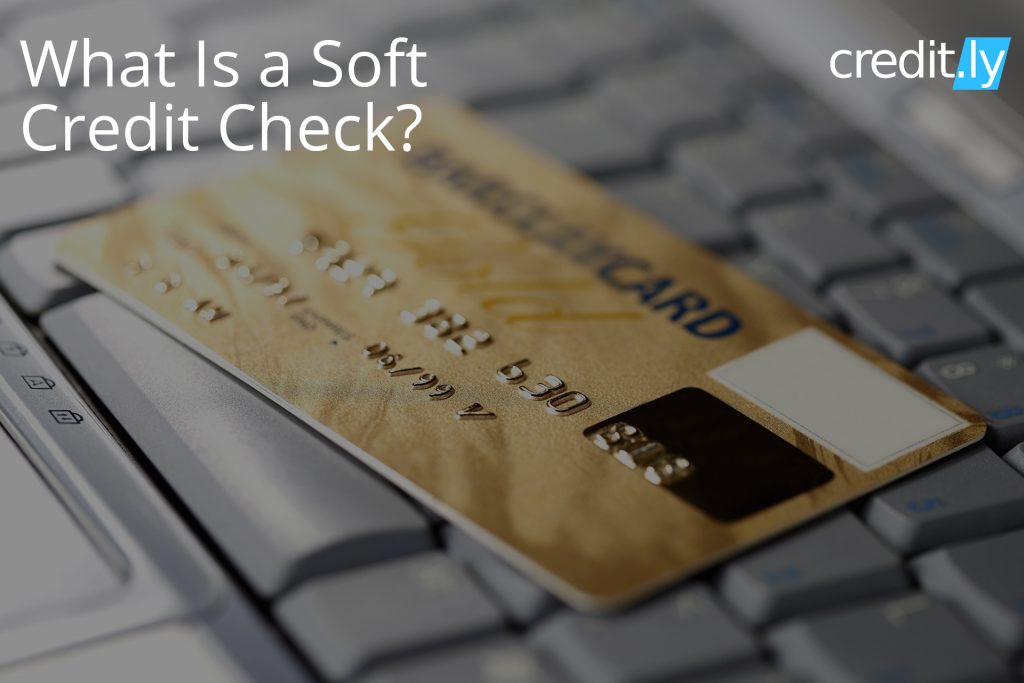[et_pb_section fb_built=”1″ _builder_version=”3.22.3″][et_pb_row _builder_version=”3.25″ background_size=”initial” background_position=”top_left” background_repeat=”repeat”][et_pb_column type=”4_4″ _builder_version=”3.0.47″ custom_padding=”|||” custom_padding__hover=”|||”][et_pb_post_title _builder_version=”3.26.6″ title_font=”|700|||||||” title_line_height=”2em” z_index_tablet=”500″ title_text_shadow_horizontal_length_tablet=”0px” title_text_shadow_vertical_length_tablet=”0px” title_text_shadow_blur_strength_tablet=”1px” meta_text_shadow_horizontal_length_tablet=”0px” meta_text_shadow_vertical_length_tablet=”0px” meta_text_shadow_blur_strength_tablet=”1px” box_shadow_horizontal_tablet=”0px” box_shadow_vertical_tablet=”0px” box_shadow_blur_tablet=”40px” box_shadow_spread_tablet=”0px” text_shadow_horizontal_length_tablet=”0px” text_shadow_vertical_length_tablet=”0px” text_shadow_blur_strength_tablet=”1px”][/et_pb_post_title][et_pb_text _builder_version=”3.29.2″ z_index_tablet=”500″ text_text_shadow_horizontal_length_tablet=”0px” text_text_shadow_vertical_length_tablet=”0px” text_text_shadow_blur_strength_tablet=”1px” link_text_shadow_horizontal_length_tablet=”0px” link_text_shadow_vertical_length_tablet=”0px” link_text_shadow_blur_strength_tablet=”1px” ul_text_shadow_horizontal_length_tablet=”0px” ul_text_shadow_vertical_length_tablet=”0px” ul_text_shadow_blur_strength_tablet=”1px” ol_text_shadow_horizontal_length_tablet=”0px” ol_text_shadow_vertical_length_tablet=”0px” ol_text_shadow_blur_strength_tablet=”1px” quote_text_shadow_horizontal_length_tablet=”0px” quote_text_shadow_vertical_length_tablet=”0px” quote_text_shadow_blur_strength_tablet=”1px” header_text_shadow_horizontal_length_tablet=”0px” header_text_shadow_vertical_length_tablet=”0px” header_text_shadow_blur_strength_tablet=”1px” header_2_text_shadow_horizontal_length_tablet=”0px” header_2_text_shadow_vertical_length_tablet=”0px” header_2_text_shadow_blur_strength_tablet=”1px” header_3_text_shadow_horizontal_length_tablet=”0px” header_3_text_shadow_vertical_length_tablet=”0px” header_3_text_shadow_blur_strength_tablet=”1px” header_4_text_shadow_horizontal_length_tablet=”0px” header_4_text_shadow_vertical_length_tablet=”0px” header_4_text_shadow_blur_strength_tablet=”1px” header_5_text_shadow_horizontal_length_tablet=”0px” header_5_text_shadow_vertical_length_tablet=”0px” header_5_text_shadow_blur_strength_tablet=”1px” header_6_text_shadow_horizontal_length_tablet=”0px” header_6_text_shadow_vertical_length_tablet=”0px” header_6_text_shadow_blur_strength_tablet=”1px” box_shadow_horizontal_tablet=”0px” box_shadow_vertical_tablet=”0px” box_shadow_blur_tablet=”40px” box_shadow_spread_tablet=”0px”]
With a soft credit check your score won’t suffer. Yes, it’s as easy as that. When someone looks at your credit, either for informational or promotional purposes. Your credit score has a great deal of impact on your life. That’s why it’s a good idea to stay on top of your credit. This means you should take full advantage of the fact that the three major credit bureaus-Experian, TransUnion and Equifax-offer one free credit report each year for consumers.
Be on aware, you aren’t the only one who checks that information. Whenever a business checks your credit, it shows up on your credit reports. Have you ever received a credit card offer in the mail? Have you ever wondered how those credit card companies knew that you qualify for a certain credit card with a specific credit limit? The chances are that the credit card did a soft credit check of your credit.
Why a Soft Credit Check Instead of a Regular Credit Pull?
The Fair Credit Reporting Act requires the major consumer credit reporting bureaus to keep a record of all the businesses that look at your credit score.
A soft credit check is usually when your credit is pulled without you knowing about it. These inquiries aren’t initiated by you, such as when you apply for new credit. The only exception is when you check your credit yourself. A soft inquiry may include:
- Reviews of your credit score or history by an existing lender with whom you have an existing line of credit
- Secondly, Reviews by potential landlords
- Thirdly, Reviews of your credit for insurance purposes
- And lastly, Pre-approved credit offers
Soft credit checks also include those instances when you view your own credit score.
Typically, soft inquiries remain on your credit reports for two years to give a clearer picture of all the institutions that have checked your credit. These soft credit checks don’t hurt your credit.
What’s the Difference Between a Soft Check and a Hard Check? Why knowing the Difference Matters?
A hard credit check occurs when you apply for a line of credit such as a credit card, a mortgage, personal loan or an auto loan. Once these credit applications have been submitted, the potential lender makes an inquiry into your credit score and history to see whether or not you qualify for the account.
Unlike soft inquiries, hard inquiries do negatively impact your credit score. This is because hard inquiries indicate high credit risk to lenders when you apply for credit. This is especially true if you already have multiple inquiries. Lenders assume that applying for more credit means you’re having a hard time managing your finances.
Soft inquiries, on the other hand, are not factored into this risk calculation because these inquiries are done without your knowledge and are made for informational purposes only.
No matter how many soft inquiries appear on your credit report, your credit score will not suffer in any way. That is not the case with hard inquiries. The more hard inquiries you make, the more your credit score will be affected by those inquiries.
Are There Any Benefits of a Soft Credit Check?
Soft inquiries have very few disadvantages. Here are some of the benefits that come with soft inquiries:
- You can get offers for better credit cards.
- You could get pre-approved for better mortgage loan terms.
- Regularly checking your credit score can help you maintain or increase it.
- Landlords who have a strict policy on their tenants can use these soft inquiries to differentiate you from other applicants. You stand a better chance of landing that wonderful apartment with controlled rent if you have a better credit score than other applicants.
Soft credit checks allow you to see how many people have looked at your credit. There’s a section on your credit reports that allows you to see who has looked at your credit and when. If you want to check your credit, don’t be afraid to do so because you won’t be penalized for it.
[/et_pb_text][/et_pb_column][/et_pb_row][/et_pb_section]









